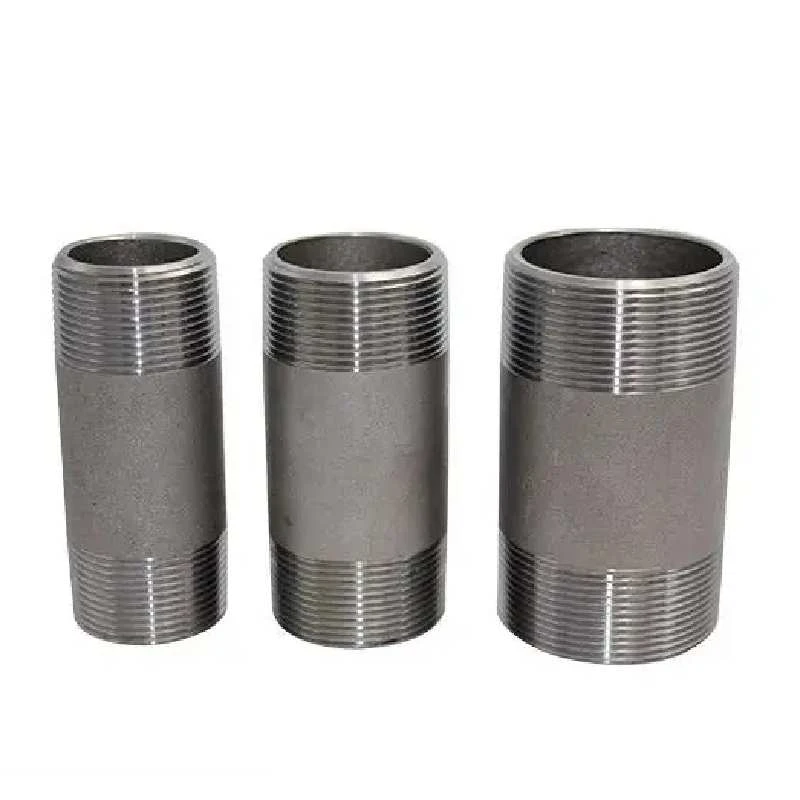-
Cangzhou Yulong Steel Co., Ltd.
-
Phone:
+86 13303177267 -
Email:
admin@ylsteelfittings.com
- English
- Arabic
- Italian
- Spanish
- Portuguese
- German
- kazakh
- Persian
- Greek
- French
- Russian
- Polish
- Thai
- Indonesian
- Vietnamese
- Zulu
- Korean
- Uzbek
- Hindi
- Serbian
- Malay
- Ukrainian
- Gujarati
- Haitian Creole
- hausa
- hawaiian
- Hebrew
- Miao
- Hungarian
- Icelandic
- igbo
- irish
- Japanese
- Javanese
- Kannada
- Khmer
- Rwandese
- Afrikaans
- Albanian
- Amharic
- Armenian
- Azerbaijani
- Basque
- Belarusian
- Bengali
- Bosnian
- Bulgarian
- Catalan
- Cebuano
- China
- China (Taiwan)
- Corsican
- Croatian
- Czech
- Danish
- Esperanto
- Estonian
- Finnish
- Frisian
- Galician
- Georgian
- Kurdish
- Kyrgyz
- Lao
- Latin
- Latvian
- Lithuanian
- Luxembourgish
- Macedonian
- Malgashi
- Malayalam
- Maltese
- Maori
- Marathi
- Mongolian
- Myanmar
- Nepali
- Norwegian
- Norwegian
- Occitan
- Pashto
- Dutch
- Punjabi
- Romanian
- Samoan
- Scottish Gaelic
- Sesotho
- Shona
- Sindhi
- Sinhala
- Slovak
- Slovenian
- Somali
- Sundanese
- Swahili
- Swedish
- Tagalog
- Tajik
- Tamil
- Tatar
- Telugu
- Turkish
- Turkmen
- Urdu
- Uighur
- Welsh
- Bantu
- Yiddish
- Yoruba

Dec . 19, 2024 09:49 Back to list
pn40 flange
Understanding PN40 Flange A Comprehensive Overview
Flanges are critical components in piping systems, providing a means to connect pipes, valves, pumps, and other equipment. Among the various types and ratings of flanges used in industry, the PN40 flange stands out due to its specific pressure rating and robust design. This article will delve into what a PN40 flange is, its applications, specifications, and advantages.
What is a PN40 Flange?
The term PN stands for Pressure Nominal, which is a European designation reflecting the pressure rating of a flange at a specific temperature. A PN40 flange, therefore, is designed to handle a maximum pressure of 40 bar (approximately 580 psi) at a standard temperature of 20 degrees Celsius. This rating falls within a series of pressure classes ranging from PN2.5 to PN100, with PN40 being suitable for industrial applications where high-pressure conditions are common.
Specifications and Standards
PN40 flanges are manufactured according to various international standards, with the most prominent being the European standard EN 1092-1. These flanges can be made from various materials, including carbon steel, stainless steel, and alloy steel, providing versatility to meet specific environmental or operational demands. The surface of PN40 flanges can be smooth, raised, or flat, depending on the design requirements.
The dimensions of PN40 flanges, such as bolt holes, diameter, and thickness, are standardized to ensure compatibility across different systems. Common flange types include slip-on, weld neck, blind, and threaded, each serving distinct roles in piping connections.
Applications of PN40 Flanges
pn40 flange

PN40 flanges are widely used in various industries, including
1. Chemical Processing Their ability to withstand high pressures and corrosive materials makes them ideal for chemical plants. 2. Oil and Gas Used in pipelines for transporting crude oil, gas, and petrochemicals, ensuring secure and leak-proof connections. 3. Power Generation Common in power plants, especially in high-pressure steam systems. 4. Water Supply and Wastewater Treatment Employed in municipal water systems and treatment facilities where high pressure is necessary.
5. HVAC Systems Often seen in high-capacity heating and cooling systems, where durability and reliability are crucial.
Advantages of Using PN40 Flanges
The use of PN40 flanges comes with several benefits
- High Pressure Capacity With a rating of 40 bar, these flanges are suitable for demanding applications, reducing the risk of failure under pressure. - Durability Made from robust materials, PN40 flanges can withstand harsh operational conditions and environmental factors, leading to longer service life. - Versatility Available in various types and sizes, they can be easily integrated into different systems, making them a preferred choice for engineers and designers. - Improved Safety The secure connections provided by PN40 flanges enhance the safety of systems, minimizing the risk of leaks or catastrophic failures.
Conclusion
In conclusion, the PN40 flange is an essential component in many industrial applications where high pressure and reliability are paramount. Its adherence to international standards, combined with its versatility and durability, makes it a top choice for engineers and industry professionals. Whether in chemical processing, oil and gas, or power generation, understanding the importance of PN40 flanges can lead to improved system performance and safety. By choosing the right flange for the specific needs of a project, industries can ensure effective and efficient operations.
Latest news
-
ANSI 150P SS304 SO FLANGE
NewsFeb.14,2025
-
ASTM A333GR6 STEEL PIPE
NewsJan.20,2025
-
ANSI B16.5 WELDING NECK FLANGE
NewsJan.15,2026
-
ANSI B16.5 SLIP-ON FLANGE
NewsApr.19,2024
-
SABS 1123 FLANGE
NewsJan.15,2025
-
DIN86044 PLATE FLANGE
NewsApr.19,2024
-
DIN2527 BLIND FLANGE
NewsApr.12,2024
-
JIS B2311 Butt-Welding Fittings LR/SR 45°/90° /180°Seamless/Weld
NewsApr.23,2024











